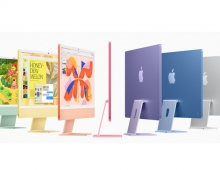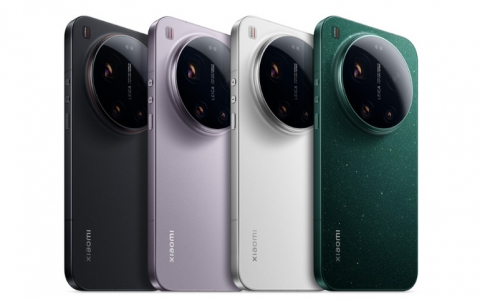
Burst.com Files Patent Infringement Suit against Apple
Burst.com, Inc. on Monday announced that it has filed counterclaims accusing Apple of infringing four of Burst?s U.S. patents.
In the counterclaims, filed in Federal District Court in San Francisco on Monday, April 17th, Burst alleges that Apple's iTunes Music Store, iTunes software, the iPod devices, and Apple?s QuickTime Streaming products infringe Burst's U.S. Patents 4,963,995; 5,995,705; 5,057,932 and 5,164,839. Burst's filing responds to a suit that Apple filed against Burst in January of this year, seeking a declaration that Burst's patents are invalid and that Apple does not infringe them. Burst requests in its counterclaims that Apple pay a reasonable royalty for Apple?s infringing products and services, and also seeks an injunction against further infringement.
Burst has developed software that helps companies speed up the delivery of audio and video files over a network. The company was involved in a similar patent infringement dispute with Microsoft last year that ended with a $60m settlement and a Microsoft licence to the Burst technology.
Burst.com Chairman & CEO Richard Lang indicated that the company would rather not have to resort to litigation, but is committed to enforcing its patent portfolio, which was developed over an 18-year period. In its April 17 filing, Burst alleges that its technology has been essential to Apple's success, providing it with a critical audio and video-on-demand media delivery solution.
Apple failed to license Burst's technology when it introduced its iPod and iTunes products in 2002.
Burst has developed software that helps companies speed up the delivery of audio and video files over a network. The company was involved in a similar patent infringement dispute with Microsoft last year that ended with a $60m settlement and a Microsoft licence to the Burst technology.
Burst.com Chairman & CEO Richard Lang indicated that the company would rather not have to resort to litigation, but is committed to enforcing its patent portfolio, which was developed over an 18-year period. In its April 17 filing, Burst alleges that its technology has been essential to Apple's success, providing it with a critical audio and video-on-demand media delivery solution.
Apple failed to license Burst's technology when it introduced its iPod and iTunes products in 2002.





















